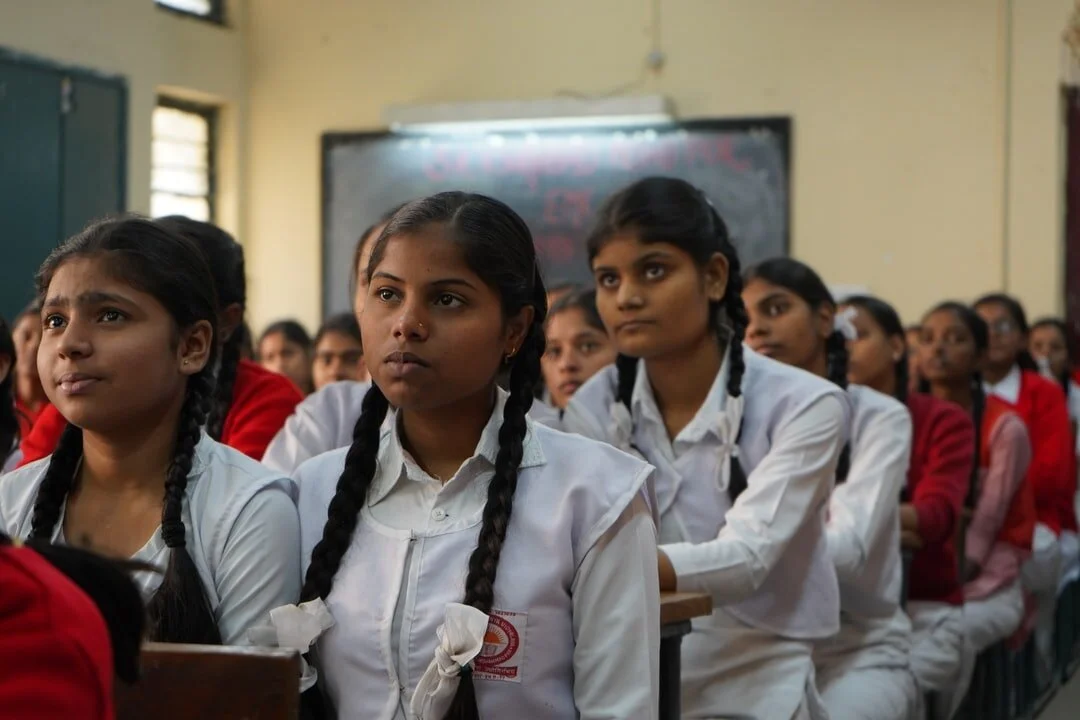In this article, we engage with the experiences of students in a government-run residential secondary school that enrols girls primarily from disadvantaged socio-economic backgrounds. Through an exploration of the history of the programme, secondary evaluations conducted over the years and a month-long engagement with one such residential school, we probe how the categories of disadvantage—caste and gender— continue to operate, even as the state tries to obliterate them in this space.
Read MoreThe work of social and behavioural scientists is paramount to dismantling the mechanisms of discrimination and violence, to eradicate social injustice and create a progressive, inclusive and diverse society.
Read MoreHow does place structure the gendered division of household labor? Because people’s living spaces and lifestyles differ dramatically across urban, suburban, and rural areas, it follows that time spent on household chores may vary across places. In cities, for example, many households do not have vehicles or lawns, and housing units tend to be relatively small. Urban men’s and women’s time use therefore provides insight into how partners contribute to household chores when there is less structural demand for the types of tasks they typically do
Read MoreSexual harassment and gender bias in STEM undermine women’s STEM motivation, leading to fewer women in STEM fields. Addressing sexism in STEM in educational and work contexts is needed to promote women’s potential and gender equality in society.
Read MoreBuilding on 140 interviews with young adults in Denmark between the ages of 18 to 25 and of different genders we explored how young adults narrate their personal experiences with flirting in such nightlife spaces, and how they navigate within gender norms when doing so.
Read MoreBlack women are regularly depicted in an objectifying and sexualized manner in Western media, oftentimes as Jezebels. But do Black women experience greater objectification than White women?
Read More





